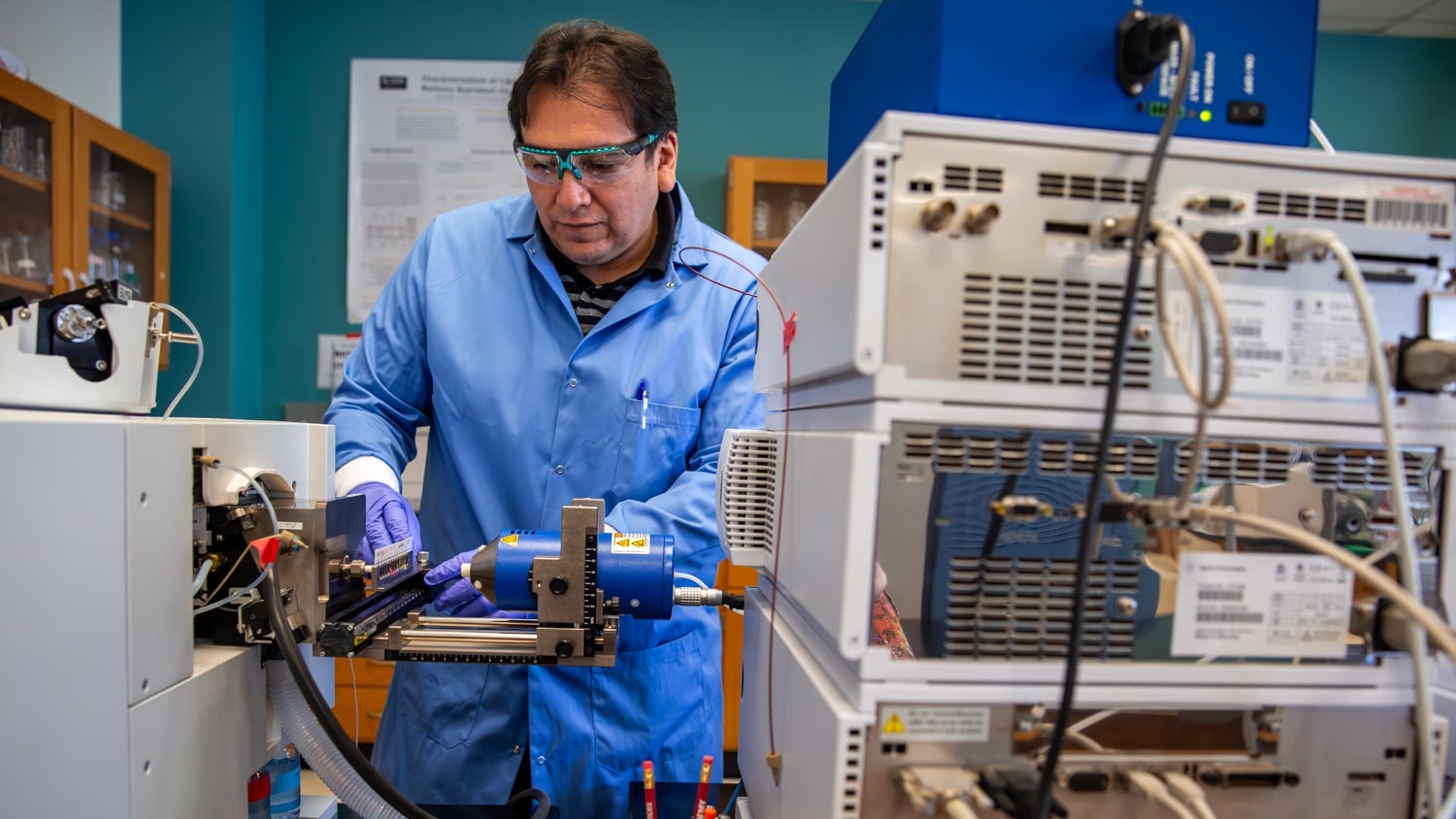Dog Days
While people are often warned to take it easy when the mercury rises, it’s important to protect animal friends from the summer heat.
“If you are uncomfortable, it’s safe to say that your pet is as well,” says Dr. Steven Marks, clinical associate professor in the College of Veterinary Medicine. “Pets can suffer from heat stroke, dehydration and even sunburn. While you sweat through numerous pores to lower body temperature, your pet has few sweat glands, found mostly on the nose and the pads of their feet. They can become dangerously overheated.”
Tips for helping Fido and Fluffy beat the heat:
- Limit exercise on hot and humid days to early morning and evening. On your walks, keep fresh water handy and be sure that shade is nearby.
- Remember that asphalt becomes very hot, which can burn pets’ tender foot pads.
- Never leave a pet in a parked car. “Even with the windows rolled down, it only takes a few minutes for a dangerous level of heat to build within the interior of a car,” Marks says. “Dehydration, heat stroke and even brain damage to the dog or cat can occur.”
While all dogs and cats are at risk, older or very young pets, overweight pets, pets with heavy coats and short-nosed dogs may need extra care.
Marks says if your pet pants excessively, has trouble breathing, has an increased pulse and breathing rate, drools, struggles to walk, appears weak or in a stupor, place the pet in the shade or air conditioning immediately and apply cool – not cold – water to reduce the animal’s core body temperature. Get help from your veterinarian as soon as possible.
To help pet owners, the Veterinary Teaching Hospital provides small animal emergency service weekdays from 5 p.m. to 8 a.m., weekends from 5 p.m. Friday to 8 a.m. Monday, and 24 hours a day on legal holidays. Call 513-6911 for more information.
- Categories:


